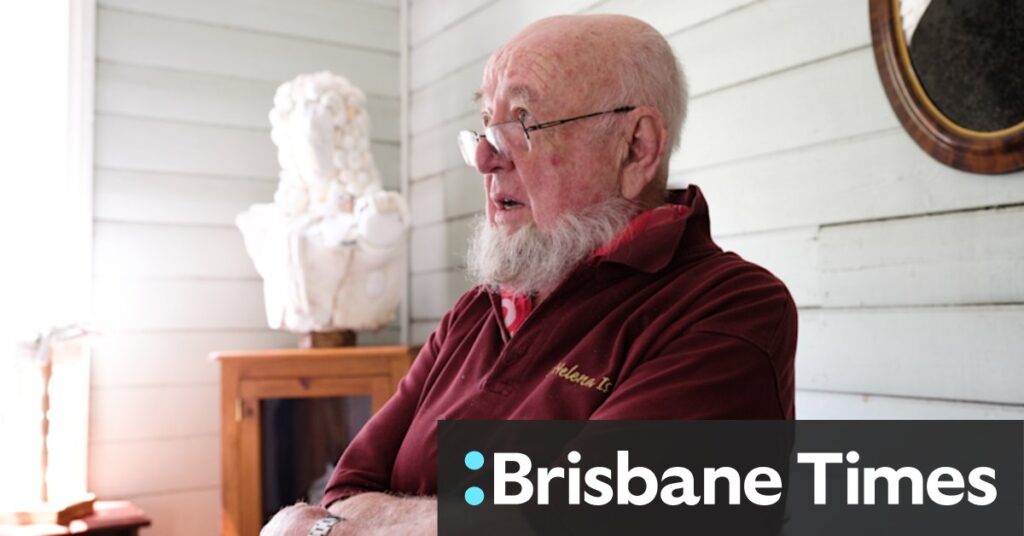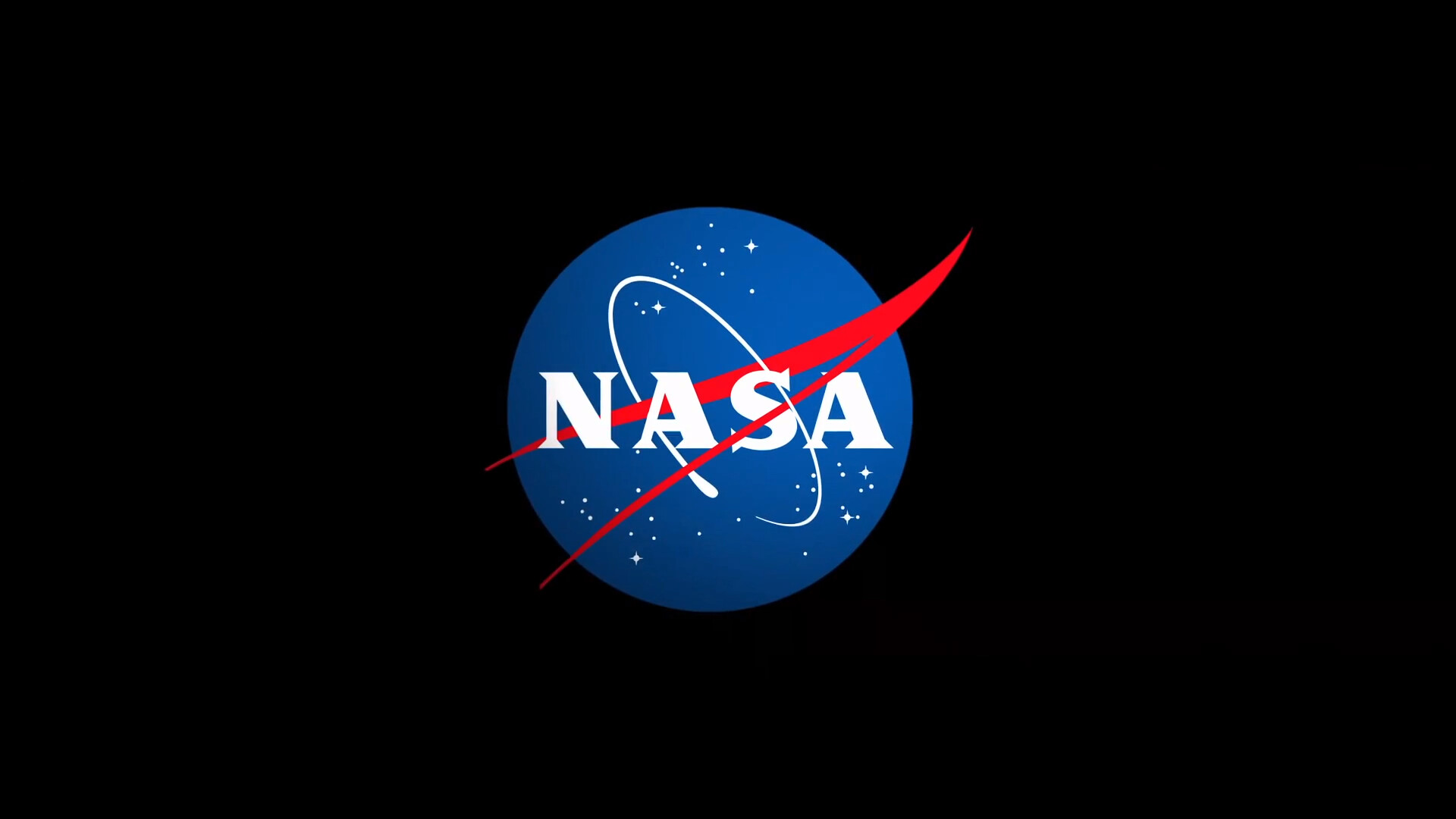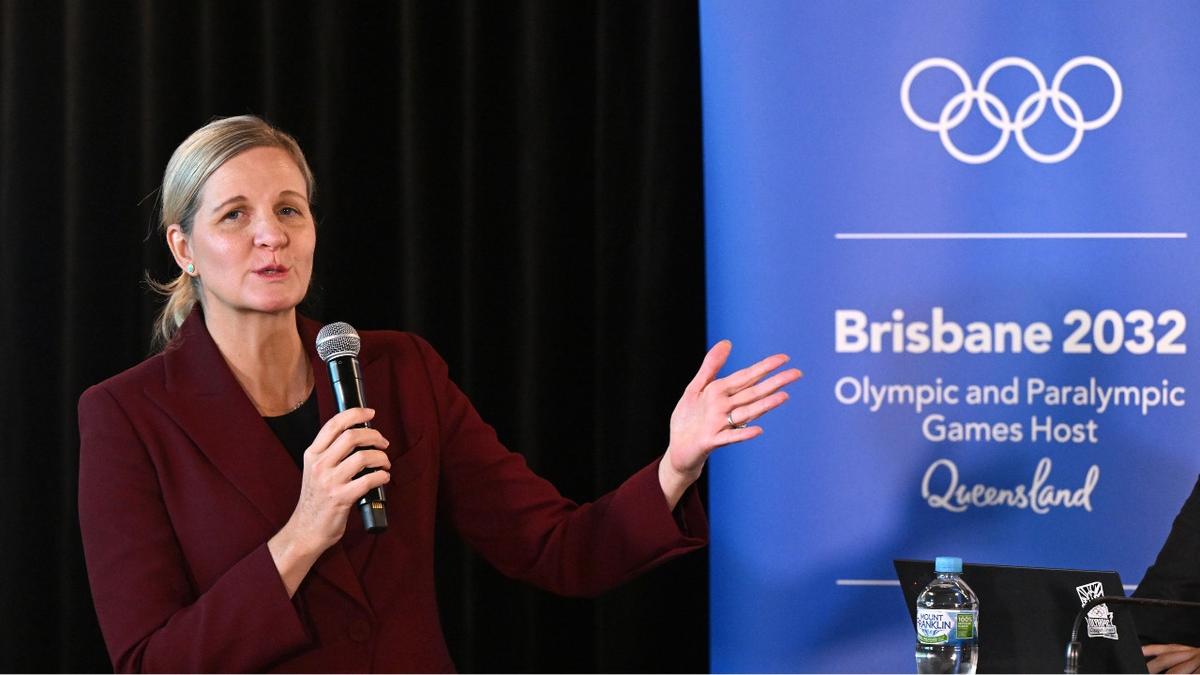
Tech giants are offering media outlets and artists the opportunity to opt out of a controversial proposal allowing artificial intelligence firms free access to Australian content. This move comes as a delegation of authors and musicians gathers in Canberra to challenge the potential exploitation and replication of their work.
Among the notable figures attending Tuesday’s parliamentary inquiry into AI and the arts are authors Thomas Kenneally and Anna Funder, alongside musician Briggs. However, OpenAI and the Tech Council of Australia have not yet confirmed their attendance.
Background and the Debate
The debate was ignited in August when the Productivity Commission proposed a “text and data mining” exemption from copyright restrictions. This suggestion aims to foster the growth of an Australian AI industry but has raised significant concerns among content creators.
Thomas Kenneally voiced his concerns to the Australian Financial Review, criticizing the commission for disregarding Australian culture. He described the copyright proposal as a matter of “life or death” for writers, emphasizing the gravity of the situation.
“That’s the way writers think of this. For the ones who know it’s on, it is ‘to the barricades’,” Kenneally stated.
The Tech Council’s Stance
The Tech Council of Australia supports the exemption, but its CEO, Damian Kassabgi, expressed openness to a system where creators can block their work from data mining. He suggested that paywalled news articles could be automatically protected.
“The TCA is hopeful Australia can find a path forward on copyright that allows AI training to take place here while also including appropriate protections for creators who make a living from their work,” Kassabgi explained.
Kassabgi highlighted existing tech solutions that enable creators to opt out of data use in AI training. He proposed a combination of opt-out technologies and content deals to allow creators control over when their content is used and to benefit from its use.
The Tech Council claims significant economic contributions from tech companies, noting that YouTube added over $970 million to the Australian economy last year, while Netflix invested $1 billion in Australian content.
Contentious Views and Political Tensions
Greens Senator Sarah Hanson-Young identified the copyright exemption as a key focus for the upcoming hearing. The proposal has stirred tensions within the Labor party, facing opposition from media outlets, including Nine Entertainment, the owner of this masthead.
Former industry and science minister Ed Husic has criticized the proposal, while backbencher Michelle Ananda-Rajah supports allowing tech firms to use local content to propel Australia into the forefront of the tech industry.
Hanson-Young accused digital giants of exploiting Australians, stating, “Not only are these AI companies already taking a lot of content for free, but they now want an exemption for having to pay for it. It’s grand theft. We need to put a line in the sand for protecting Australia’s cultural sovereignty.”
“Inside the government, he is the tech guy and the big tech companies are using him as their chief advocate,” Hanson-Young said, referring to Andrew Charlton, the assistant minister for science, technology, and the digital economy.
Looking Forward
The ongoing debate over copyright exemptions and AI training underscores a broader conversation about balancing technological advancement with cultural preservation. As Australia navigates its path forward, the outcome of these discussions will likely shape the future of both the tech industry and creative sectors.
With the parliamentary inquiry set to provide a platform for diverse voices, the dialogue between tech giants, artists, and policymakers will be crucial in determining a fair and sustainable approach to AI content use.







